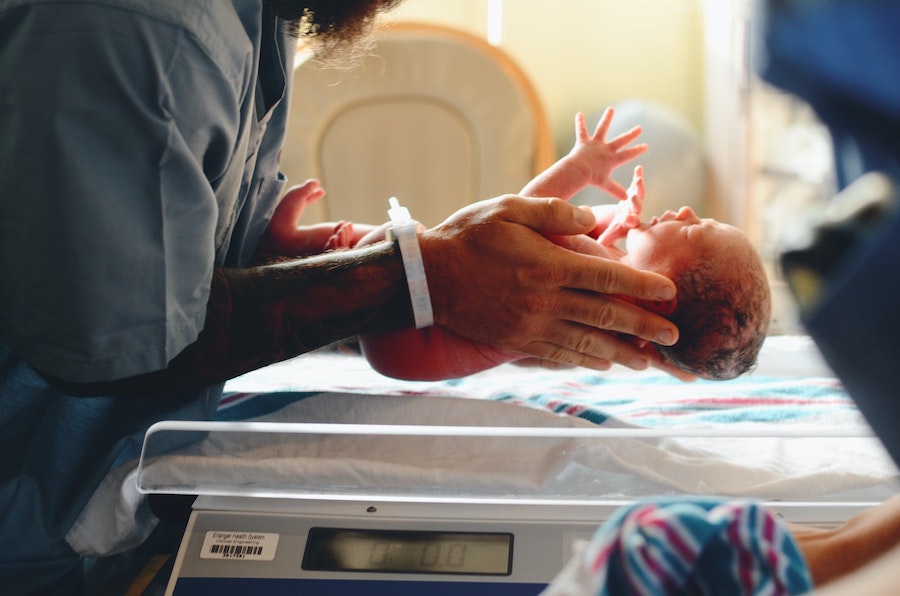Of the many concerns surrounding Covid-19 vaccinations, one that has gained ground recently relates to fertility. This is what the scientists, doctors and experts are saying.
In a March report released by the Calderdale Clinical Commissioning Group, a subsidiary of the UK’s National Health Service, the very first line reads: “medical experts and scientists agree that it is not possible for the vaccines to affect fertility.”
This is a pretty definitive statement, and one that should carry a certain amount of weight, yet rumours persist about the Covid jab adversely affecting fertility in both men and women.
“There is no evidence what-so-ever to show that having a Covid-19 vaccine affects fertility in women or men,” explained Rehan Khan, a consultant in Obstetrics and Gynaecology at Barts Health in the UK. “I understand that people have seen information that suggests they might, but this is not the case. That information isn’t evidence-based and no heed should be paid to it.”
The suggestion that fertility could be affected by the jab cropped up on social media early this year, and the claims spread like wildfire. There was talk that the vaccine caused an immunity to the virus’s spike protein affecting fertility, but experts say when a person contracts the actual Covid virus, they develop the same antibodies to the spike.
The science behind the vaccine is straightforward. Like all vaccines, the ones for Covid teach the body to fight the disease by developing antibodies. Experts say they do not contain ingredients that could affect fertility and the components of the jab leave the body within days through the lymphatic system.
“We want to reassure women that there is no evidence to suggest that Covid-19 vaccines will affect fertility,” said Dr Edward Morris, President of the Royal College of Obstetrics and Gynaecology. “There is no biologically plausible mechanism by which current vaccines would cause any impact on women’s fertility. Evidence has not been presented that women who have been vaccinated go on to have fertility problems.”
Meanwhile, pregnant women are being encouraged to get the vaccine.
“Neither pregnancy in the first trimester, nor pregnancy in the last trimester are reasons not to get vaccinated,” said France’s Health Minister Olivier Véran on 20th July, adding that the vaccines protect both the mother and unborn child from serious illnesses related to the Covid virus.
“Pregnant women can therefore be vaccinated, regardless of the time of their pregnancy, with the Pfizer-BioNTech and Moderna vaccines,” said the French government.
Photo by Christian Bowen on Unsplash
Experts respond to fears linking vaccine and infertility
